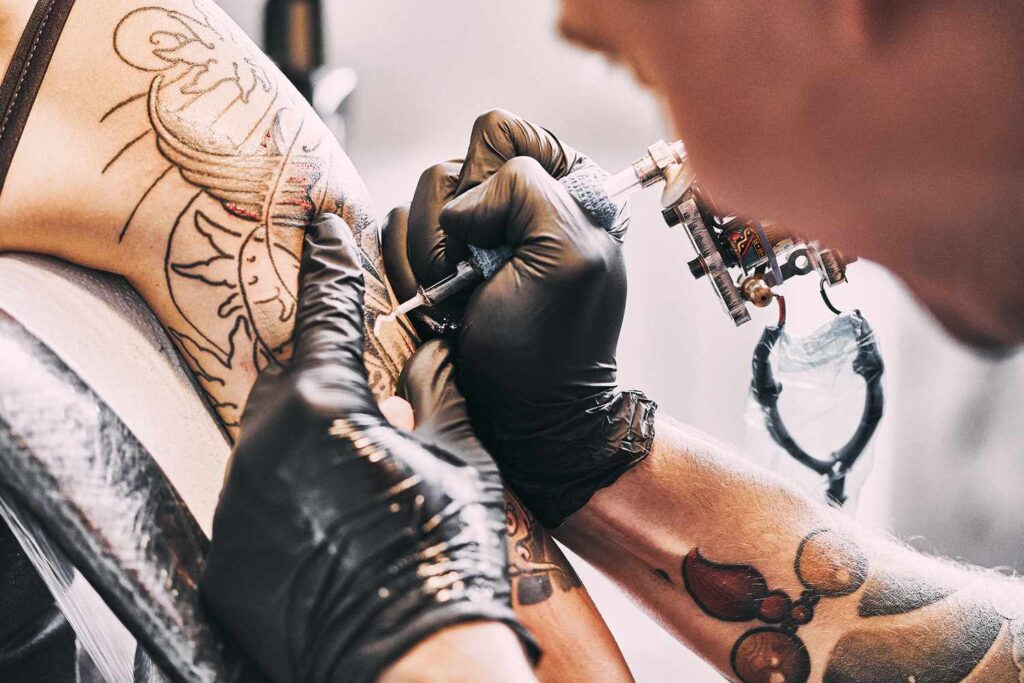Oncologists and hematologists are warning Nigerians about a potential link between tattoos and an increased risk of blood cancers, particularly lymphoma. This caution comes amid a growing trend of tattoo popularity in the country, highlighted by recent social media attention during the 2024 Ojude Oba Day celebration.

Dr. Charles Okwonna, a consultant clinical oncologist at St. Luke’s Cancer Centre in the United Kingdom, explained that certain chemicals in tattoo inks, including polyaromatic hydrocarbons, are known for their carcinogenic properties. These chemicals can trigger an immune reaction in the body, potentially leading to the development of blood cancers.
The process of tattooing involves injecting ink under the skin, where it can migrate into the lymphatic system and reach lymph nodes. The presence of carcinogenic substances in these inks can lead to genetic damage and cellular changes that contribute to the development of lymphoma.

Experts emphasize that the location and type of tattoo ink used are significant factors influencing the risk. Tattoos placed near lymph nodes, such as the neck, armpits, and groin, are more likely to cause immune reactions due to higher chemical absorption in those areas.
Dr. Okwonna noted that individual susceptibility to these immune reactions varies, with factors such as overall immune strength and skin type contributing to different responses among people. He also stressed the importance of the quality of ink and the tattooing process in determining risk levels.

The oncologist called for stricter regulations within the tattoo industry, pointing out that many tattoo artists prioritize profits over safety. He urged the government and relevant agencies to enforce standards ensuring safe ink compositions, professional practices, and post-tattoo health assessments.
While the link between tattoos and blood cancers is a growing concern, experts advise those considering tattoos to be aware of the potential risks and to choose reputable tattoo artists who use high-quality, safer inks. The findings underscore the need for further research and increased public awareness about the potential long-term health implications of tattoos.
Source: Punchng.com



